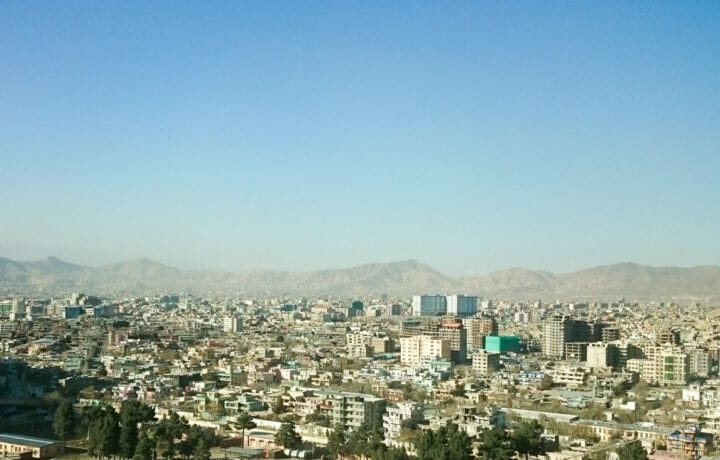As Kabul began to crumble last August, the most senior U.S. government leaders promised the leaders of American University of Afghanistan that they would evacuate the AUAF team before the U.S. military left the country. That did not happen. Some students have been rescued since then, but hundreds of alumni remain in Afghanistan and are at-risk of death. Last fall, I talked to the leaders of the AUAF alumni group to identify the risks to their lives.
American University Afghanistan Alumni Stories
This month AUAF alumni still living in Afghanistan shared the experiences and concerns in an online forum. Here are some of their stories. (Their names and details have been changed in this article)
Anisa
Anisa worked for the Afghan government until the Taliban-Haqqani terrorists took over the government buildings. Her greatest fear is that at a Taliban checkpoint they will discover her identity through her phone, or they will arrest her during their illegal home searches. AUAF has not contacted Anisa and she feels completely abandoned. Anisa feels betrayed by all sides, as some relatives and neighbors talked behind her back during her four years at school at the AUAF. They lied about her, saying she was studying Christianity and hoped to bring American culture to Afghanistan. Anisa is desperate, having been harassed and beaten by the Taliban twice when her affiliation was suspected.
Mohammad
Mohammad is afraid for his family because he is a human rights activist who has trained and mentored women in Afghanistan. As an educated person that believes in human rights, he has lost his job and is not welcomed in society under the Taliban-Haqqani regime. As an American University graduate, he has no prospects in his country now as he is seen as associated with Americans. Torture and murder of his family is never far from his mind.
Najib
Najib lives in fear daily of being arrested and murdered by the Taliban-Haqqani regime for his affiliation with AUAF, which the terrorists refer to as “CIA Institute.” He feels abandoned because the leaders at AUAF did not contact him or assist him during the evacuation while others were aided. While he still has employment in Afghanistan, he does not think it will last much longer.
Armineh
Armineh was told by workers at the Ministry of Higher Education to never mention her AUAF diploma or affiliation. She was advised to leave the building quickly because the Taliban hate AUAF associates, and would hurt her. She is angry with the AUAF leadership because while she lives in fear of death, they make excuses and have not shared a path to safety with her in any communications since August 2021. She lost her job in the government when the Taliban-Haqqani regime took over the public offices because of her past affiliation with foreign organizations.
Risk Remains High
It is believed that over 300 alumni still remain at-risk in the country with little hope for rescue by the country that once inspired them to educate themselves and rebuild their nation. Many have burned their graduation documents in order to protect themselves and their families. Many are living in hiding, lying about their identity, and moving frequently to avoid Taliban-Haqqani home searches. These circumstances make it impossible for alumni, who the Taliban call “collaborators,” to earn a living wage or work in their field. In recent Taliban social media posts AUAF alumni and students were called “spies of the west,” and “wolves in sheep-skin trained to corrupt Muslim minds.” Under these conditions the AUAF alumni have no future.



